
Sebastian Meier
An der Schnittstelle von mensch-zentrierter Gestaltung und technologischer Innovation erforscht Sebastian Meier neue Formen der Wissensvermittlung. Von urbaner Datenvisualisierung als Werkzeuge partizipativer Teilhabe, Expertenwerkzeugen zur Unterstützungs von Entscheidungsprozessen, bis hin zu Ausstellungen und Exponaten zur Vermittlung komplexer Sachverhalte, wird ein ganzheitlicher Ansatz verfolgt, um zielgruppengerechte Lösungen zu erforschen und entwickeln.
Forschungsschwerpunkte:
- Klimawandel und Nachhaltigkeit in der Vermittlung
- Digitale Teilhabe, Literacy und Souveranität
- Stadtentwicklung und Partizipation
- Open Data in Komunal-, Landes- und Bundesbehörden
Sebastian Meier ist Co-Inititator der CityVis Inititative, die sich um einen weltweiten Austausch in Forschung und Anwendung zu den Themen urbaner Datenvisualisierung bemüht. Neben zahlreichen Workshops, gibts Symposien und Ausstellungen, welche versuchen das Wissen einer breiten Zielgruppe aufzubereiten. Als Sektions- und Kommissionsleiter innerhalb der Deutschen Gesellschaft für Kartographie, betreibt er besonders Nachwuchsförderung an der Schnittstelle von Design und Kartographie.
Vor seiner Arbeit an der Fachhochschule Potsdam kooperierte er als Gastprofessor an der HafenCity Universität Hamburg mit dem dortigen CityScienceLab und dem g2lab, im Kontext von Stadtplanung und Partizipation. Als wissenschaftlicher Leiter des CityLAB Berlin, eine Einrichtung der Senatskanzlei Berlin und der Technologiestiftung Berlin, projektierte er Vorhaben auf Landesebene zu Themen rund um Open Data, Smart City und Nachhaltigkeit.
Projekte


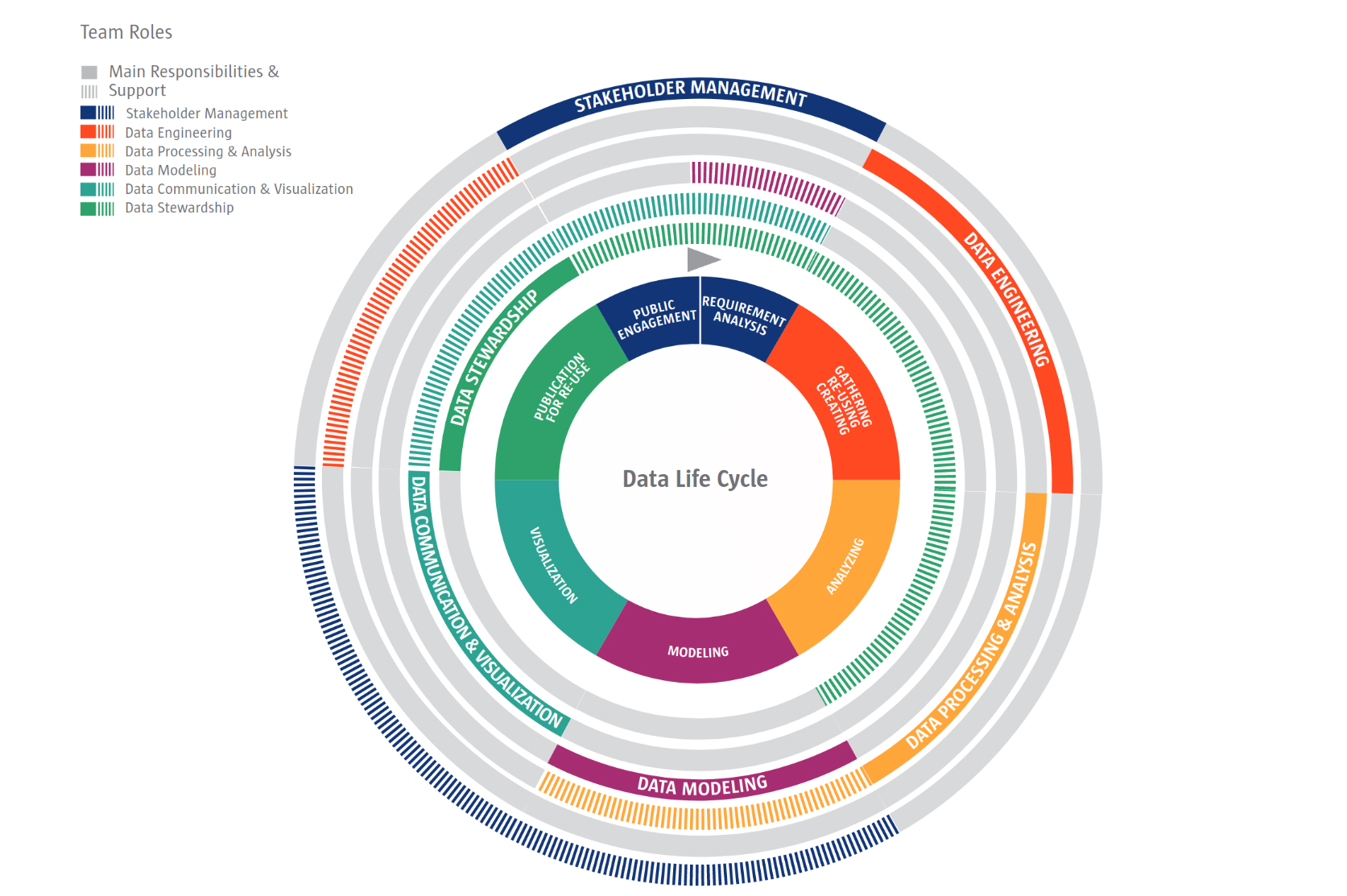
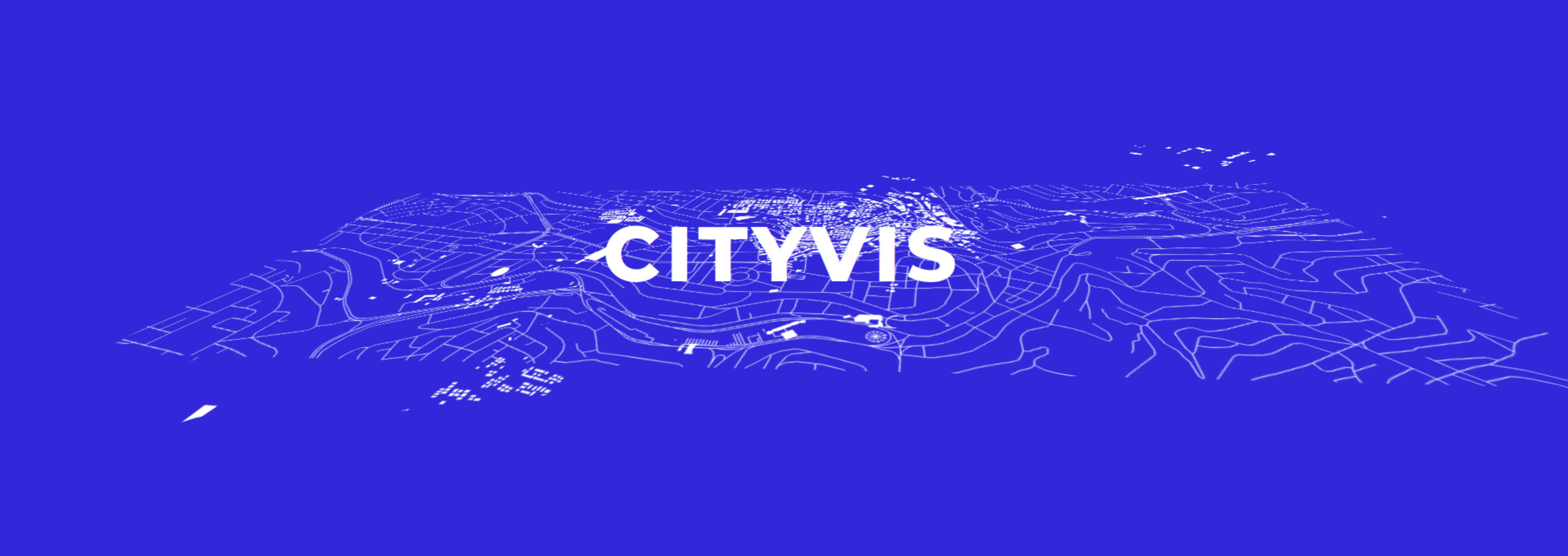
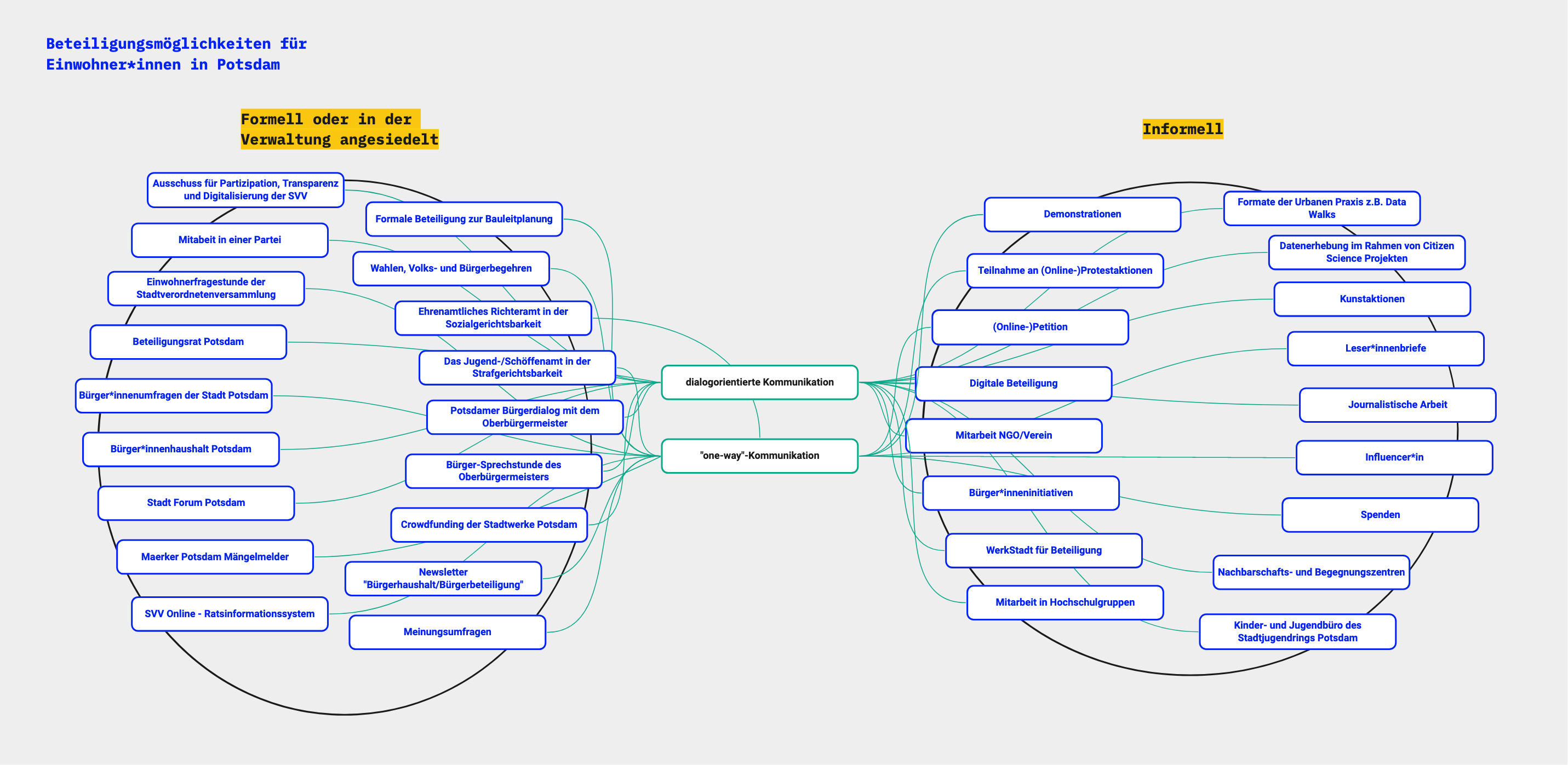

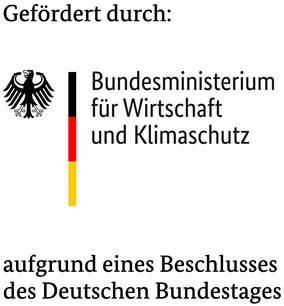
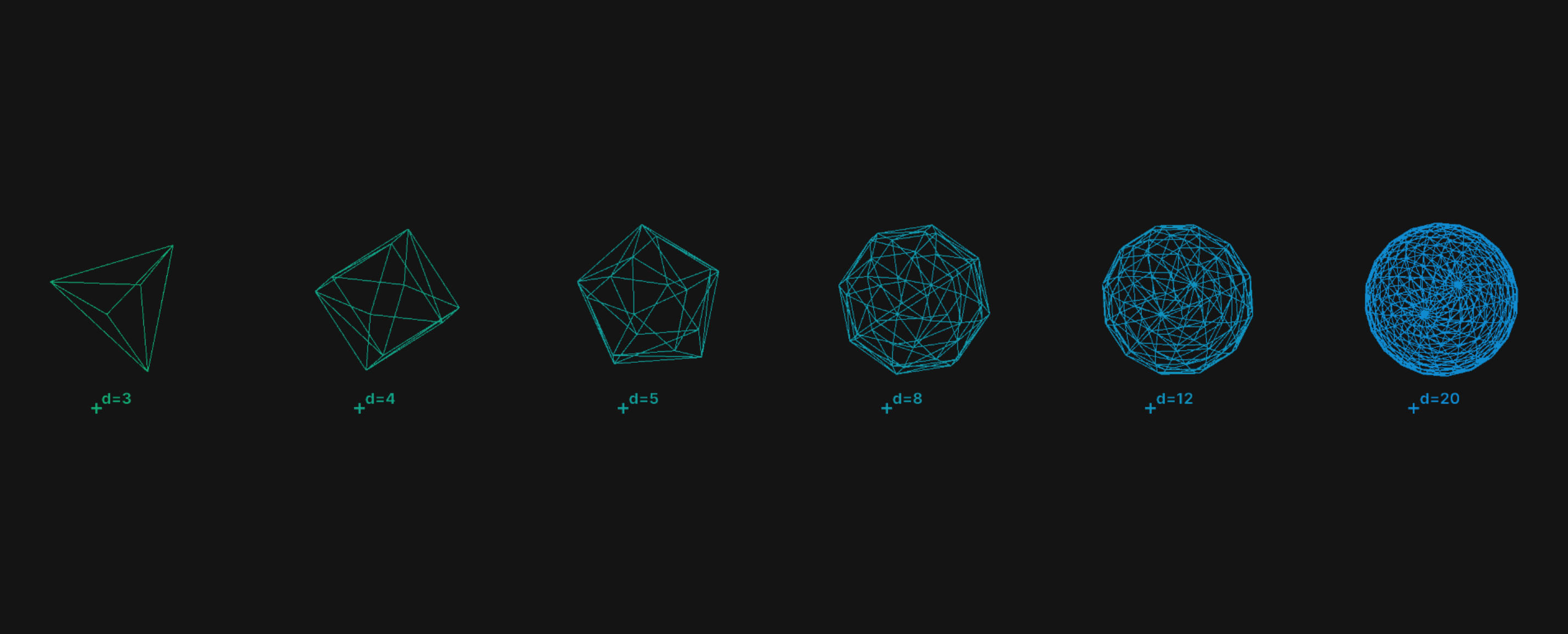
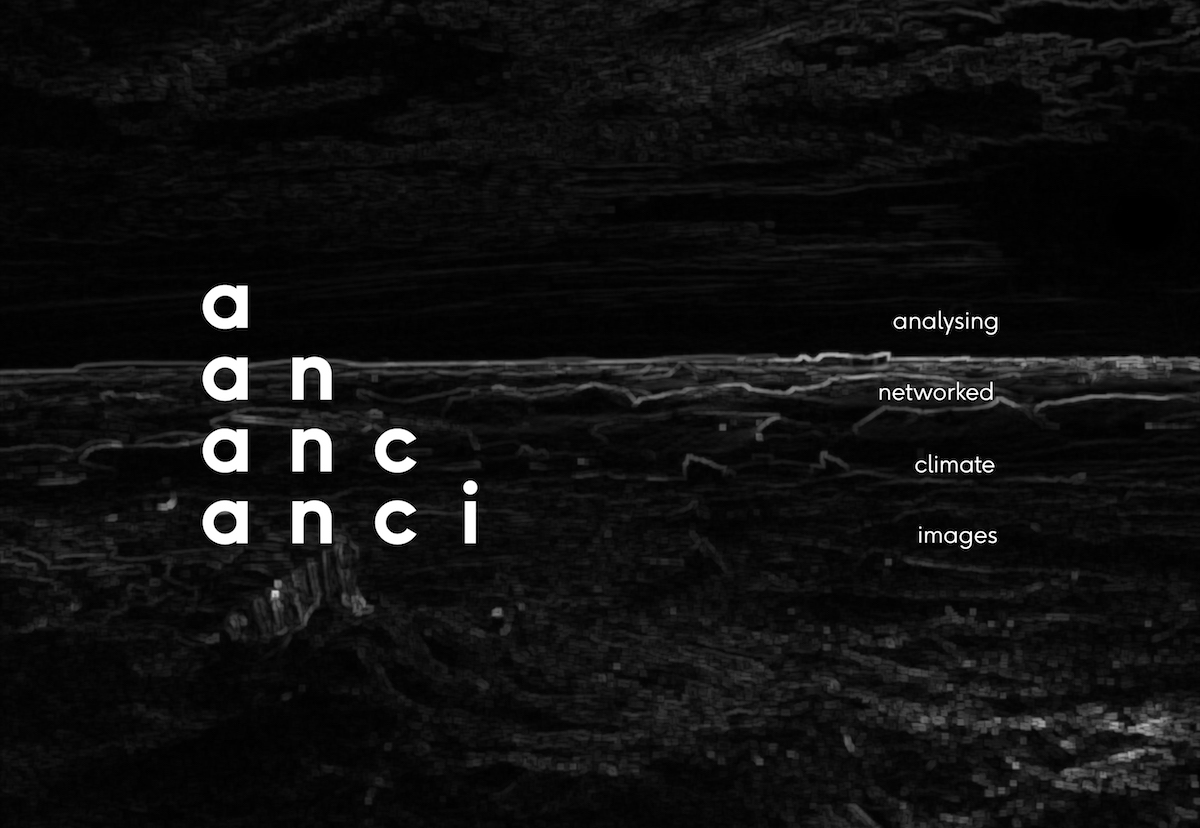

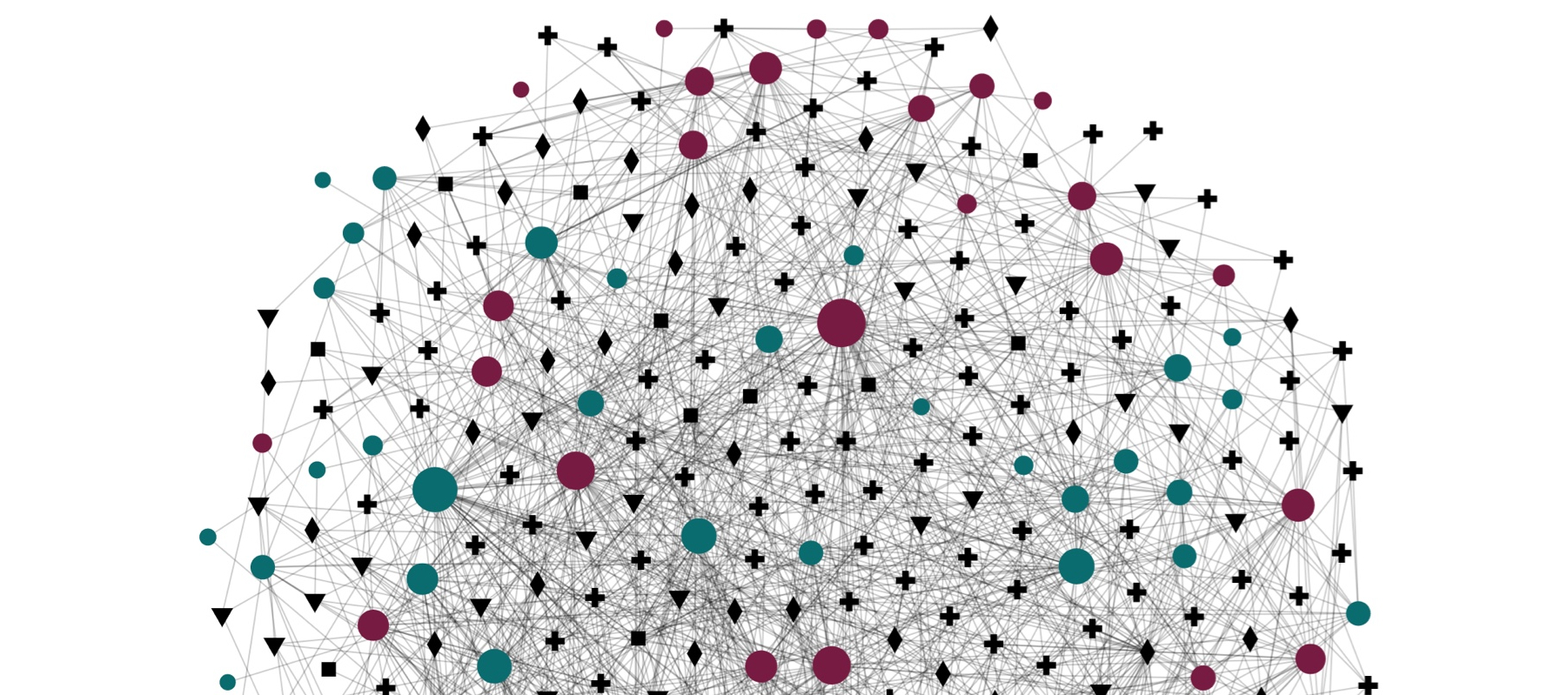
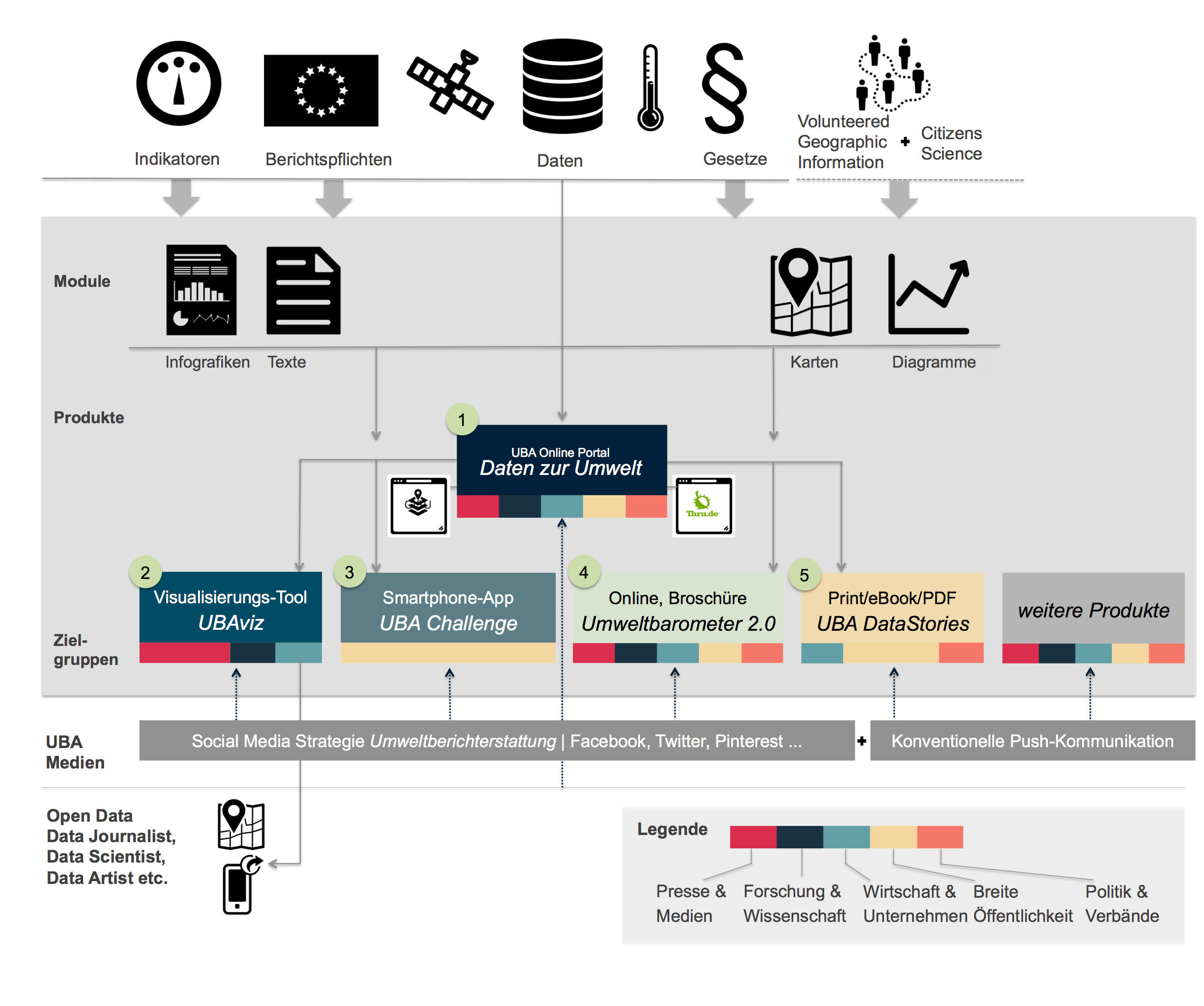
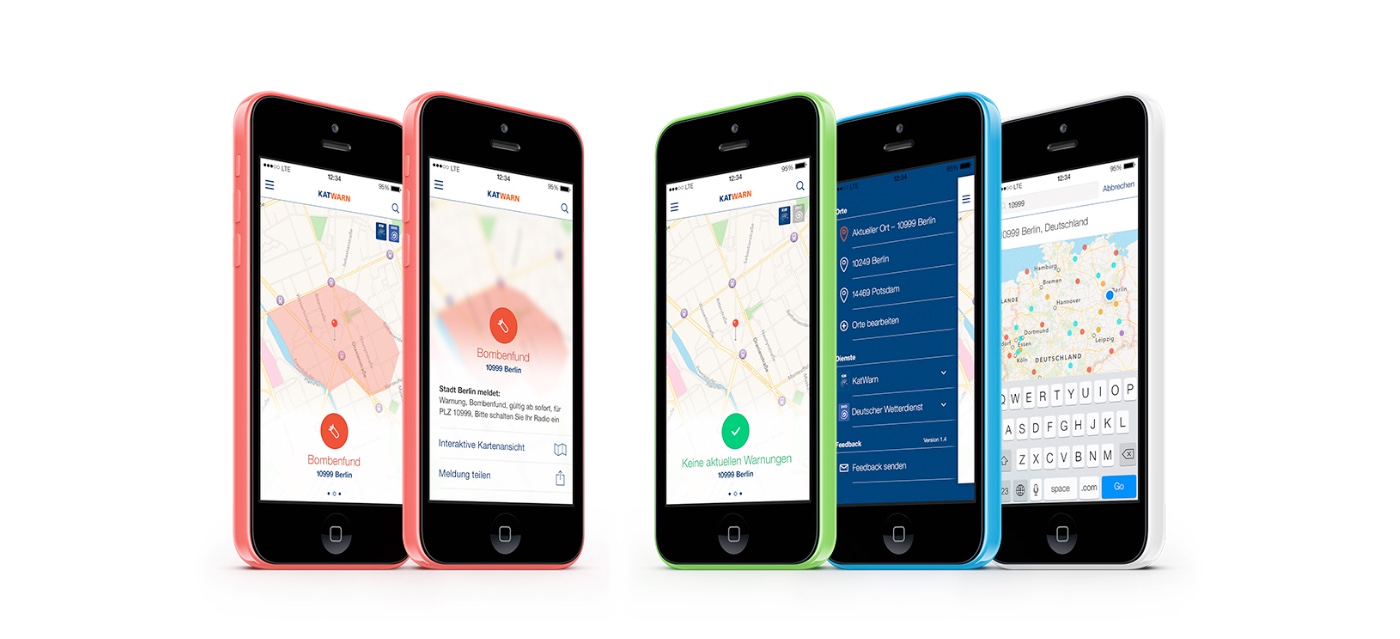
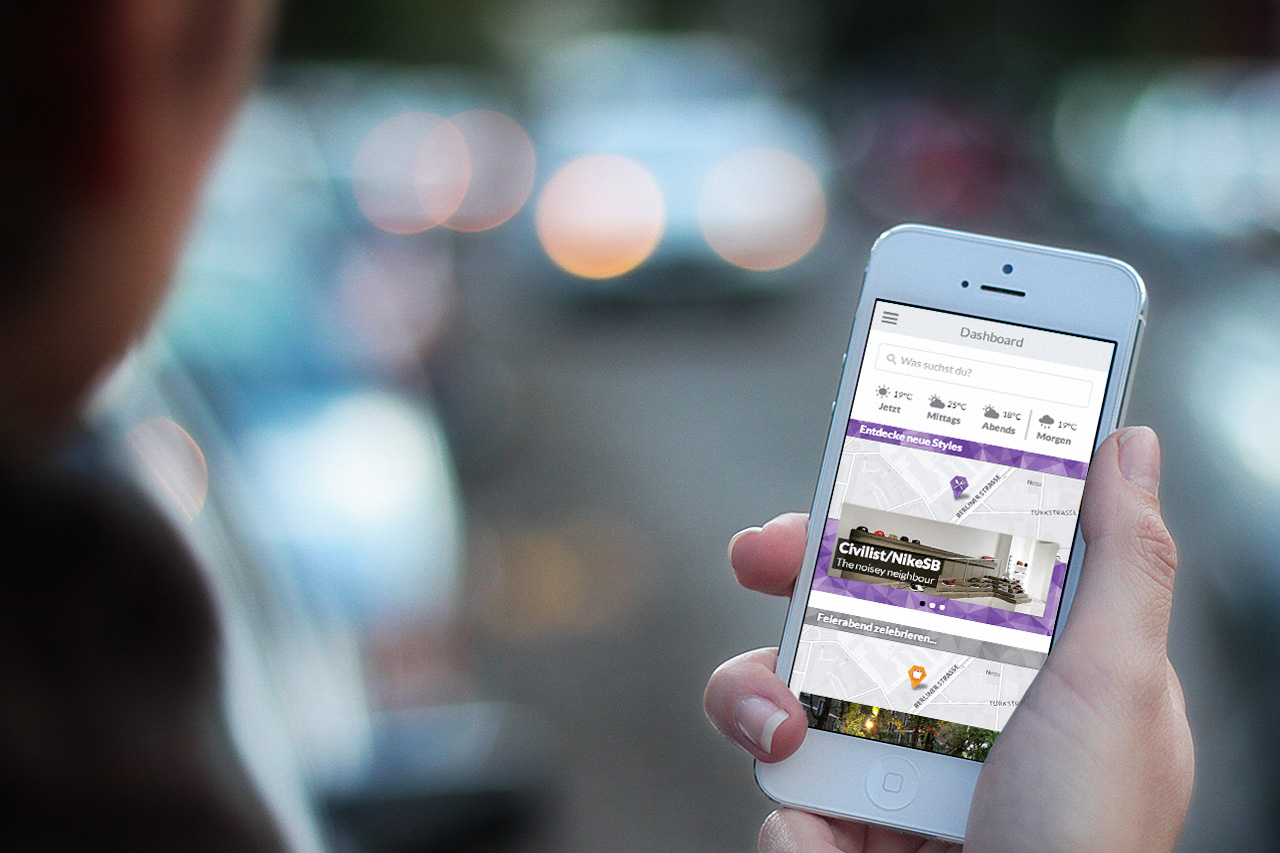
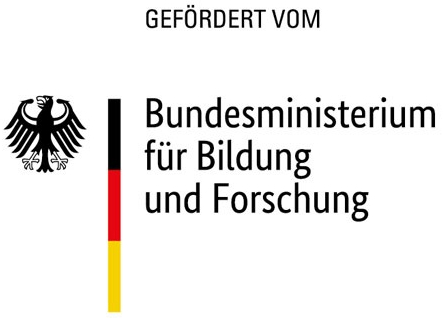
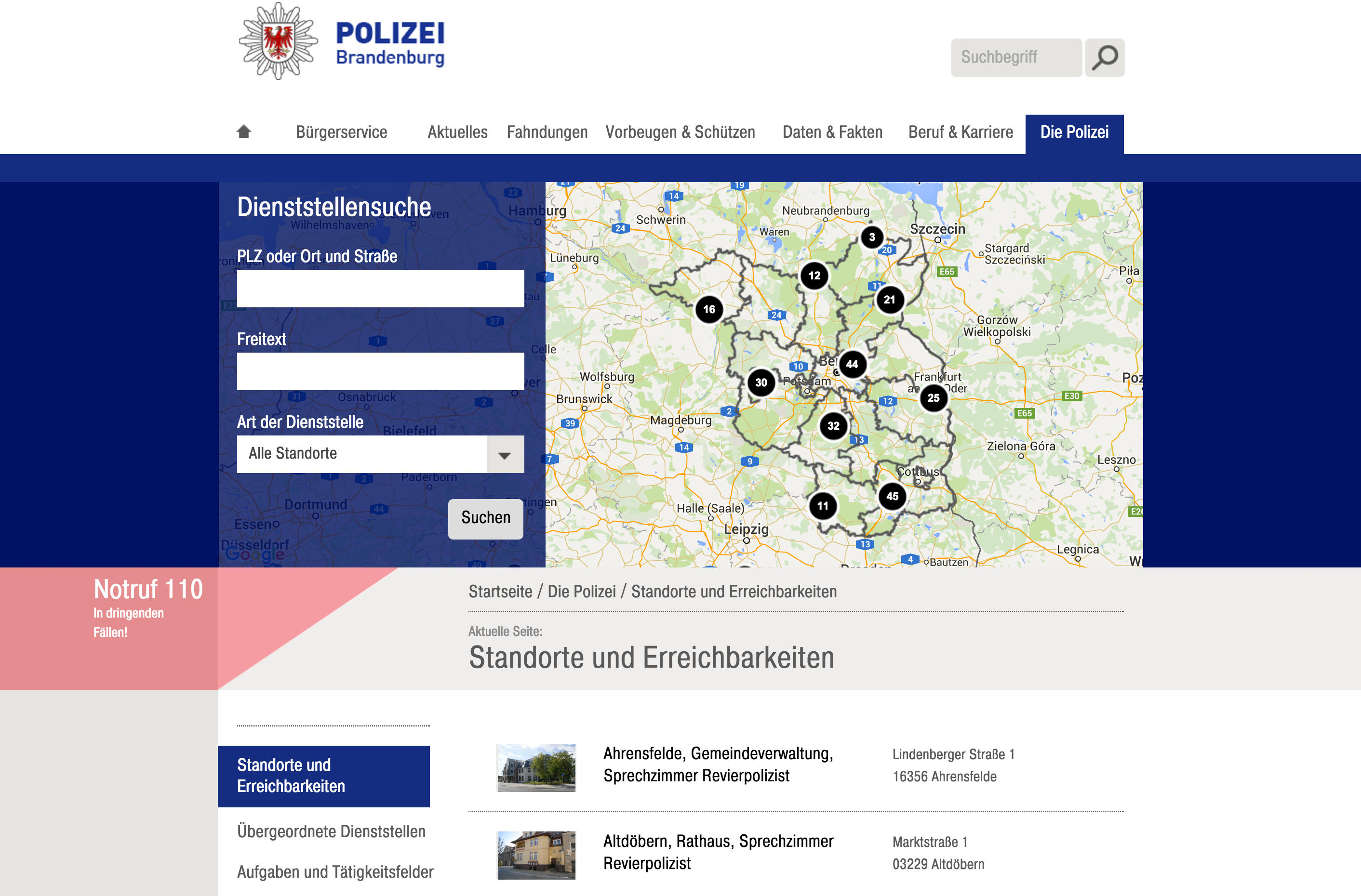
Publikationen
Interactive network visualization on the integration of mindsets and sustainability–creating conditions for emergence through a relational narrative
- Bruhn, T.
- Sebastian Meier
- Lawrence, M. G.
Privacy-centred data-driven innovation in the smart city. Exemplary use case of traffic counting
- Mihaljevic, H.
- Larsen, C. J.
- Sebastian Meier
- Nekoto, W.
- Morón Zirfas, F.
Unravelling the Human Perspective and Considerations for Urban Data Visualization
- Goodwin, S.
- Sebastian Meier
- Bartram, L.
- Godwin, A.
- Nagel, T.
- Dörk, M.
On the relevance of cartography — An interaction design perspective
- Sebastian Meier
- Jordi Tost
- Frank Heidmann
Urban Mobility Symposium: Karten, Daten, Geovisualisierung
- Sebastian Meier
- Kröger, J.
Data-driven personal cartographic perspectives
- Sebastian Meier
- Glinka, K.
Zivilgesellschaftlichen Mehrwert schaffen - Daten für Bürger*innen aufbereiten
- Sebastian Meier
- Seibel, B.
Psychogeography in the Age of the Quantified Self-Mental Map Modelling with Georeferenced Personal Activity Data
- Sebastian Meier
- Glinka, K.
The Individual in the Data — the Aspect of Personal Relevance
- Sebastian Meier
- Glinka, K.
Visualizations in Online News — and Their Effect on Perceived Credibility
Enhancing Location Recommendation Through Proximity Indicators, Areal Descriptors, and Similarity Clusters
Faceted Views of Varying Emphasis (FaVVEs): a framework for visualising multi-perspective small multiples
- Beecham, R., Rooney, C.
- Sebastian Meier
- Dykes, J., Slingsby, A., Turkay, C., Wood, J. and Wong, B.
Open Geo Tools — A State of the Art Report. The democratization of geo-tools and data continues.
- Sebastian Meier
- Prof. Dr. Till Nagel
- Frank Heidmann
The Marker Cluster: A Critical Analysis and a New Approach to a Common Web-based Cartographic Interface Pattern
Anforderungsanalyse bei IT-Experten mittels Experience-Sample-Methode.
- Thom, A.
- Sebastian Meier
- Frank Heidmann
Visualising the» Un-seen «: Towards Critical Approaches and Strategies of Inclusion in Digital Cultural Heritage Interfaces
- Glinka, K.
- Sebastian Meier
- Dörk, M.
Visualizing Large Spatial Time Series Data on Mobile Devices: Combining the HeatTile System with a Progressive Loading Approach
A Comparison of Location Search UI Patterns on Mobile Devices.
- Sebastian Meier
- Frank Heidmann
- Thom, A.
Heattile, a New Method for Heatmap Implementations for Mobile web-based Cartographic Applications.
- Sebastian Meier
- Frank Heidmann
- Thom, A.
Interkulturelle Nutzeranforderungen erheben.
- Thom, A.
- Sebastian Meier
- Frank Heidmann
The Micro Smart Grid Tabletop — A real world case study for tangible multitouch technologies for communicating complex concepts
Too many Markers, revisited. An empirical analysis of web-based methods for overcoming the problem of too many markers in zoomable mapping applications.
A Real-world Mobile Prototyping Framework for Location-and Context-based Services
- Sebastian Meier
- Landstorfer, Johannes
- Werner, Julia
- Wettach, Reto
- Knörig, Andre
- Cohen, Jonathan
- Sommerwerk, Andreas
